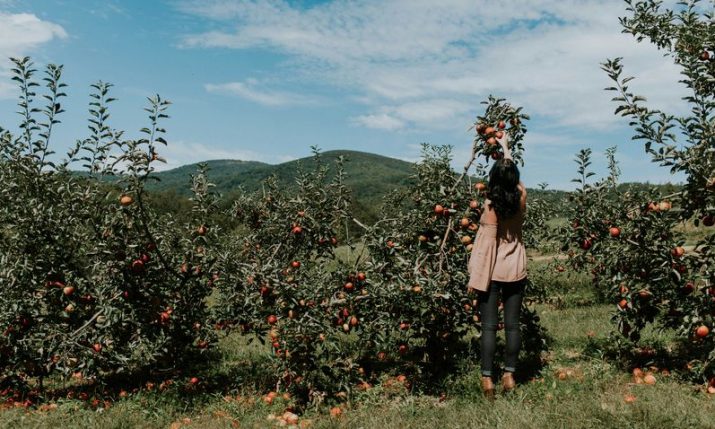Interview with Ivan Šulog, the largest European producer of exotic fruits and vegetables
- by croatiaweek
- in Business
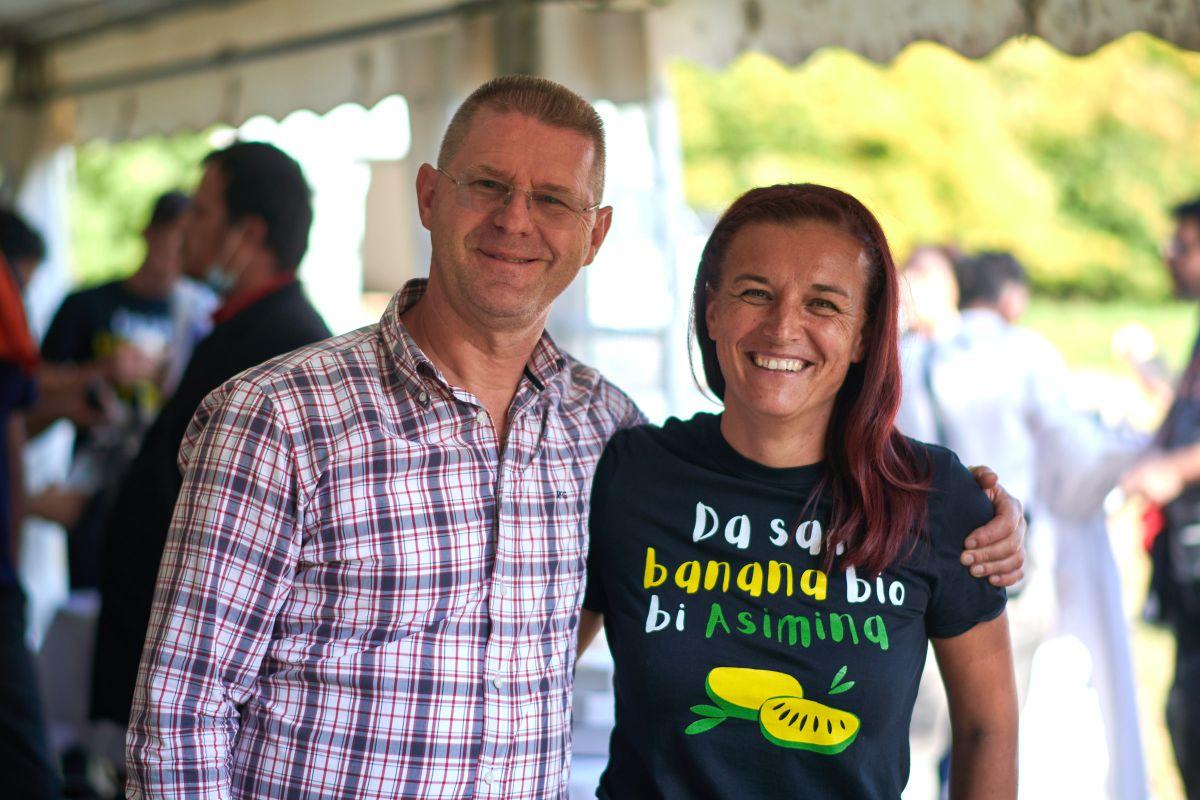
Ivan Šulog (Photo credit: Private album/Ivan Šulog)
Interview conducted by: Zoran Rajn
Can you tell us about your journey into exotic fruit and vegetable farming? What initially inspired you to grow these unique crops in Croatia?
My idea was to be completely different from others. Of course, it’s not easy. By chance, an article about kiwano titled “Kiwano, an exotic fruit that can be grown in Croatia” was published in the newspaper, and everything was ready for the adventure of my life.
What are some of the exotic fruits and vegetables you cultivate on your farm, and what makes them well-suited for your region’s climate and soil?
That’s a question I’m often asked, and it’s one of the toughest because I can no longer list everything we grow. Kiwano, lulo, babaco, pitahaya, feijoa, yuzu, yacon, java banana, finger lime, and asimina aren’t characters from cartoons; they are fruits and vegetables we cultivate in Donja Bistra, in the hinterland of Zagreb. Plants originating from different climates tend to be more disease and insect-resistant. In fact, we use some of these plants to make insecticides. I’m not sure why fruits from exotic plants grown in Croatia are better than those from their native exotic countries.
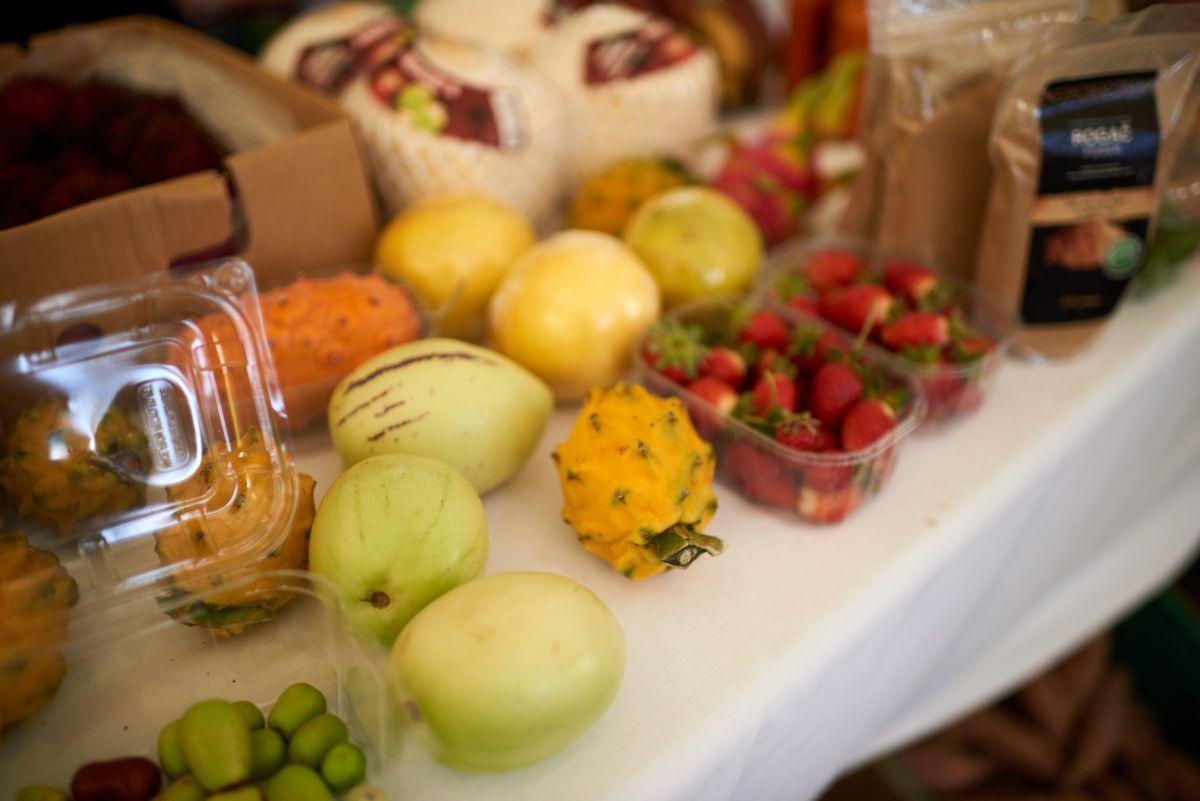
(Photo credit: Private album/Ivan Šulog)
I suppose it’s because Croatia’s climate doesn’t consistently match their growth cycle. After spring, we have extreme temperatures that the plant can’t adapt to, followed by a cooling shock in the fall. This prompts the plant to produce robust fruits quickly. If it does so, those fruits may not be resilient enough to preserve seeds for the next generation.
Therefore, the plant produces enzymes or signals that harden the fruit’s skin, preserving the seeds and preventing fruit decay. This is what makes our fruits last longer and be superior compared to fruits from distant, exotic regions.
Which exotic culture is your favorite?
I have the strongest emotional attachment to kiwano, which, thanks to the cycle described above, allowed us to break into the EU market with high-quality products. It’s precisely this market recognition that spurred demand for us to cultivate other crops. We seized that opportunity and expanded our range, becoming the only company of this caliber in the EU.
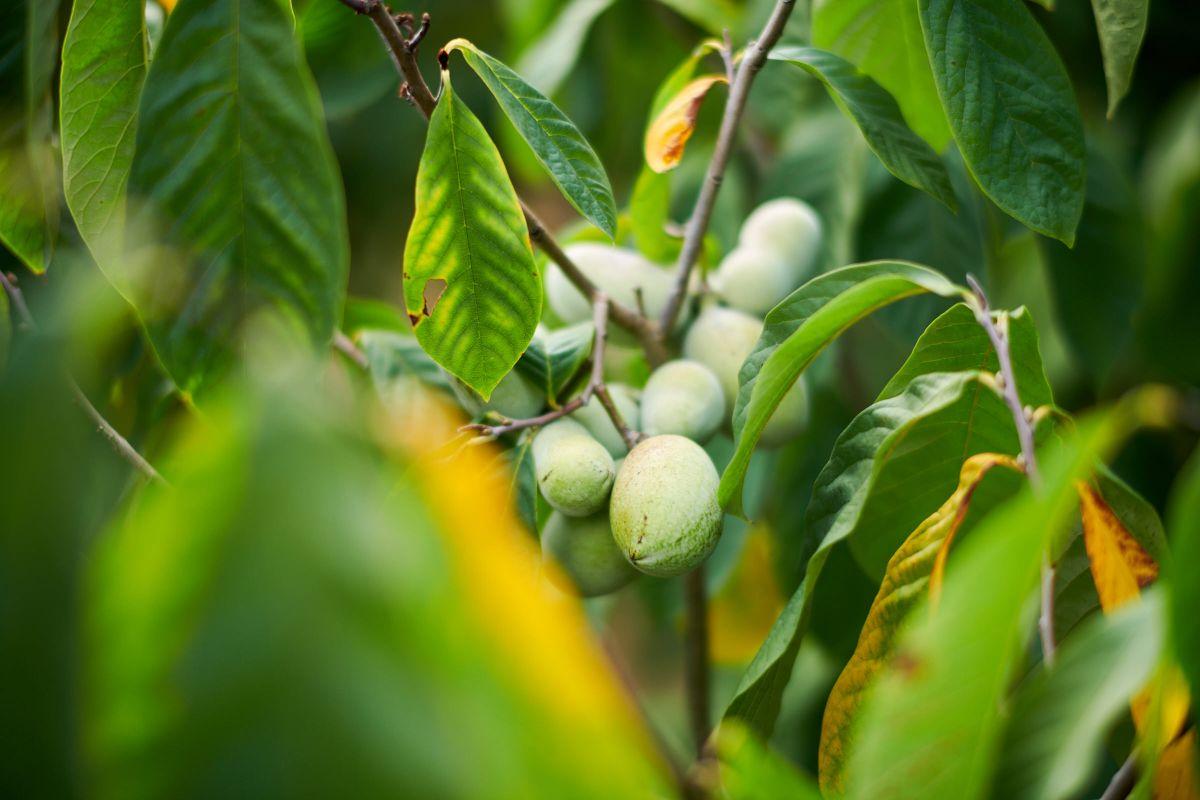
(Photo credit: Private album/Ivan Šulog)
The risk we took earlier enabled us to grow new, rare crops. These very crops offer an opportunity for a monopoly, not just in the EU market but on a global scale as well. For certain crops, like yuzu oranges, due to the more favorable climate compared to their original habitat, we enter the market earlier. However, the most important aspect is that our products are nutritionally superior and of higher quality.
The market is precisely seeking such unique products. We must capitalize on this position before others recognize it and intensify production. Even though we are serious players in the global market, our presence is still minimal, and market demand will never be fully satisfied.
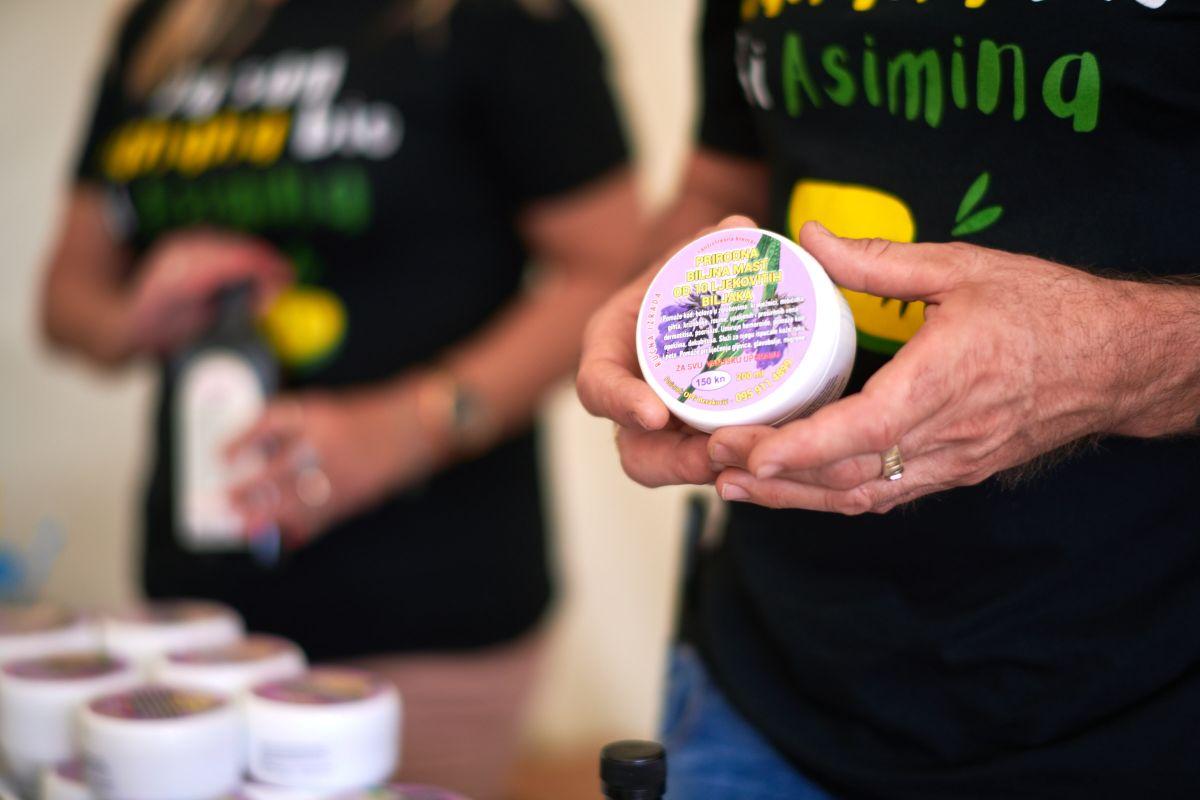
(Photo credit: Private album/Ivan Šulog)
How has the demand for exotic fruits and vegetables changed in Croatia over the years? Are more people becoming interested in incorporating these items into their diets?
Right there is where I see our new opportunity. Considering that more and more people are seeking healthier and higher-quality nutrition, we have a chance to achieve direct exports with a minimal CO2 footprint for our produce. In the future, this factor will become even more important than organic farming.
Our plants are disease-resistant and immune to insect attacks, making them ideal for organic production. By using innovative yet straightforward technologies, we’re reducing our CO2 footprint, making it even more negative. Through our work over the past 25 years, we have noticed continuous shifts among farmers and consumers in Croatia in the acceptance of these crops.
How has the demand for exotic fruits and vegetables changed over the years in Europe, and what are your thoughts on the future of this market?
The market constantly seeks new products and services. Those who are innovative and brave enough to take a new step can expect a bright future. EU countries with a colonial history are already familiar with exotic products. They have been importing such fruits from distant countries for centuries, so their population is very well acquainted with them. However, countries with a colonial past make up only a small part of the overall EU population.
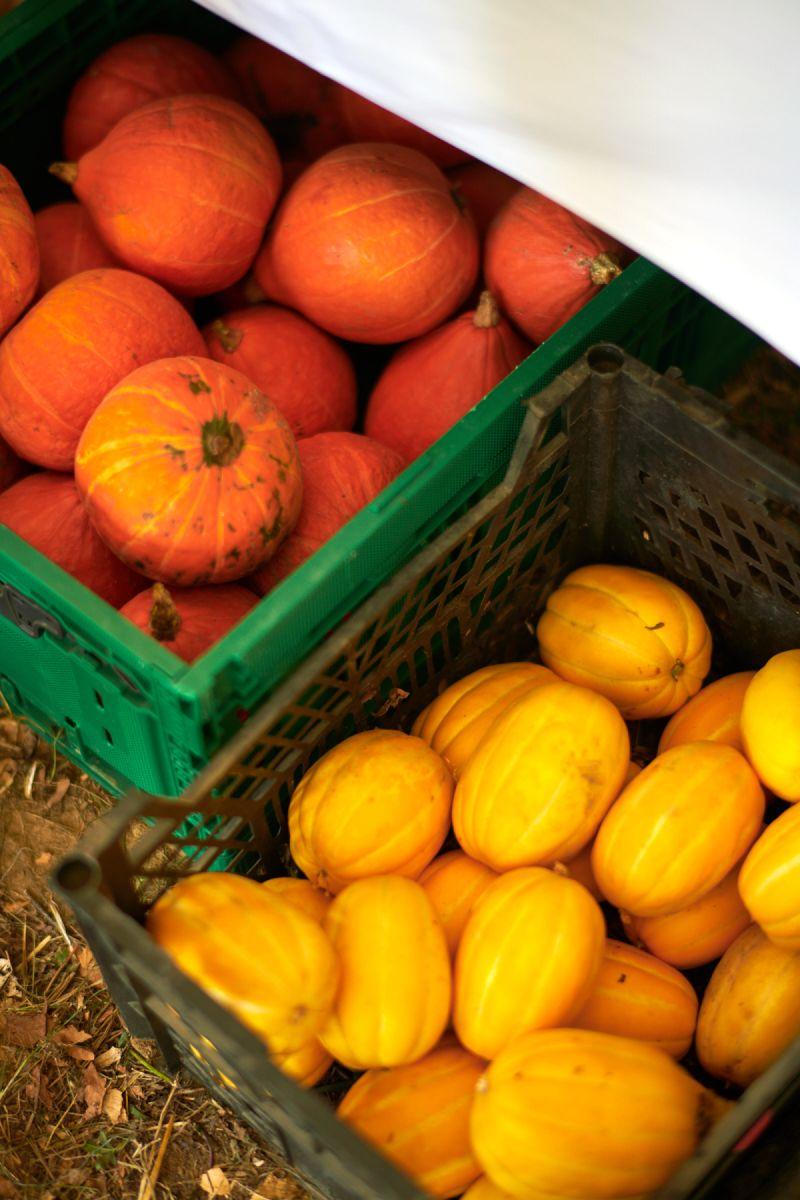
(Photo credit: Private album/Ivan Šulog)
It is precisely from these countries that the interest in exotic products is beginning to spread among the rest of the EU states. Thanks to new technologies and access to information, the demand for new, healthier flavors is growing exponentially, and this trend will continue to accelerate. Another important aspect is climate change; what used to grow in distant regions may soon be able to grow here as if it were native.
What are the key benefits of consuming exotic fruits and vegetables, both in terms of nutrition and flavor, compared to more commonly grown varieties?
New fruits bring new flavors, and as people increasingly lean towards diverse and healthy diets, these flavors are becoming more sought-after. Not only are the flavors richer, but some fruits are true “vitamin bombs,” exceptionally rich in nutrients. Due to their richness, even though they are delicious, you will feel satiated after consuming just a few fruits.
For instance, we can eat 5–6 kilograms of watermelon without a problem, but with fruits like passionfruit or asimina, that’s simply not possible. Each type of fruit has its own unique set of nutrients. For example, natural iodine is found only in feijoa, while kiwano contains oleic acid. Asimina is so nutrient-rich and packed with antioxidants that it encourages your body to produce antioxidants on its own.
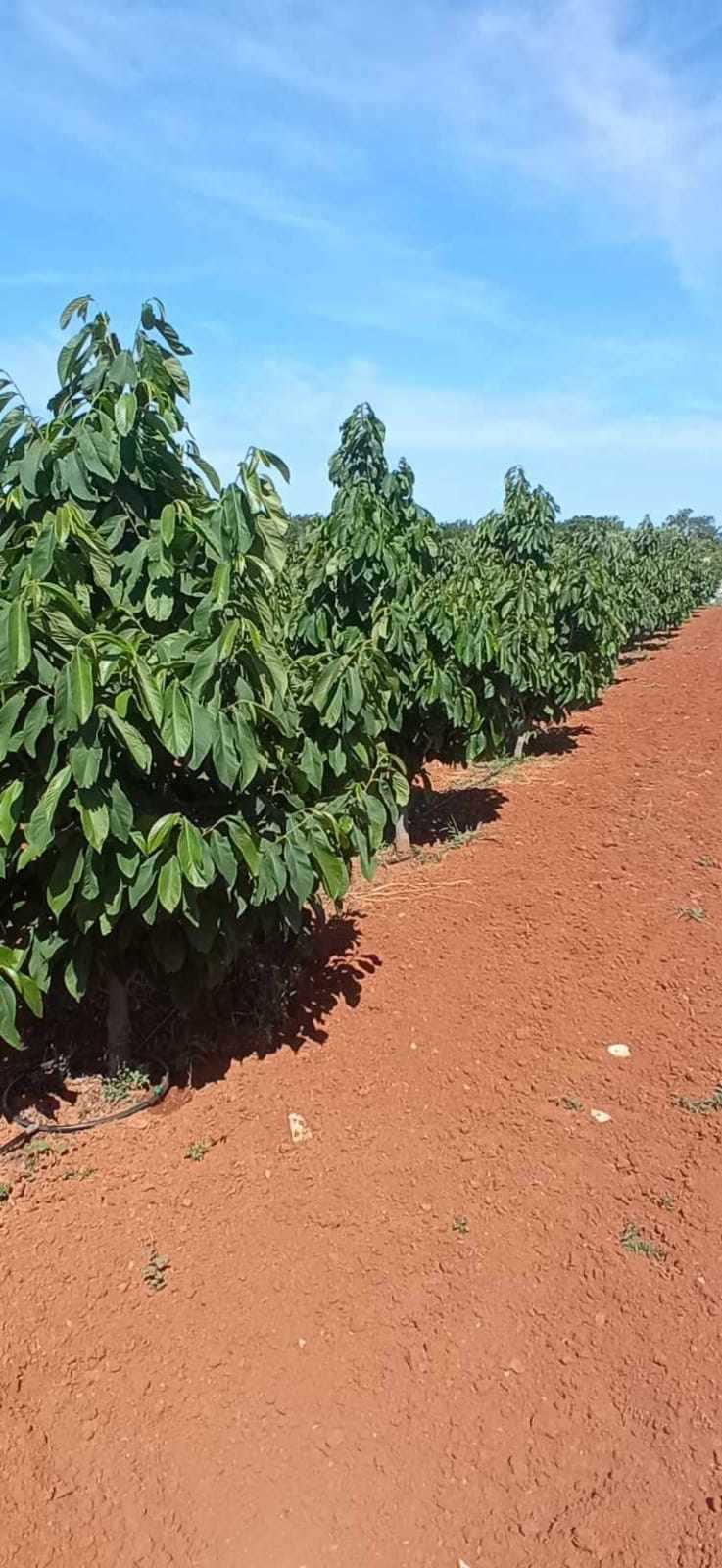
(Photo credit: Private album/Ivan Šulog)
Croatia is known for its diverse culinary traditions. How do you see exotic fruits and vegetables contributing to the culinary landscape in your region, and are they becoming more integrated into traditional dishes?
Yes, traditional dishes will be enriched with new flavors, and new dishes will emerge, becoming popular, such as sweet potato custard slices, which most Croatians are familiar with today. However, top chefs, with such a wealth of choice, are creating innovative dishes, many of which will soon become well-known and widely accepted. Since these ingredients are accessible to everyone, not just professional chefs, the entire process of innovation in gastronomy is accelerating.
Could you describe the journey from farm to table for your exotic produce? What steps are involved in ensuring that the fruits and vegetables you grow reach consumers in optimal condition?
Yes, you’ve raised a good question, and it’s one of the main arguments for why we chose this business. Our biggest competition comes from distant parts of the world: Asia, Africa, the South, and even North America. When you consider the size of these continents, Croatia is like a grain of sand. However, our advantage lies in our proximity to key markets such as the Netherlands, Belgium, Ireland, Italy, Germany, Austria, and the United Kingdom, where our goods can arrive in just 17 hours.
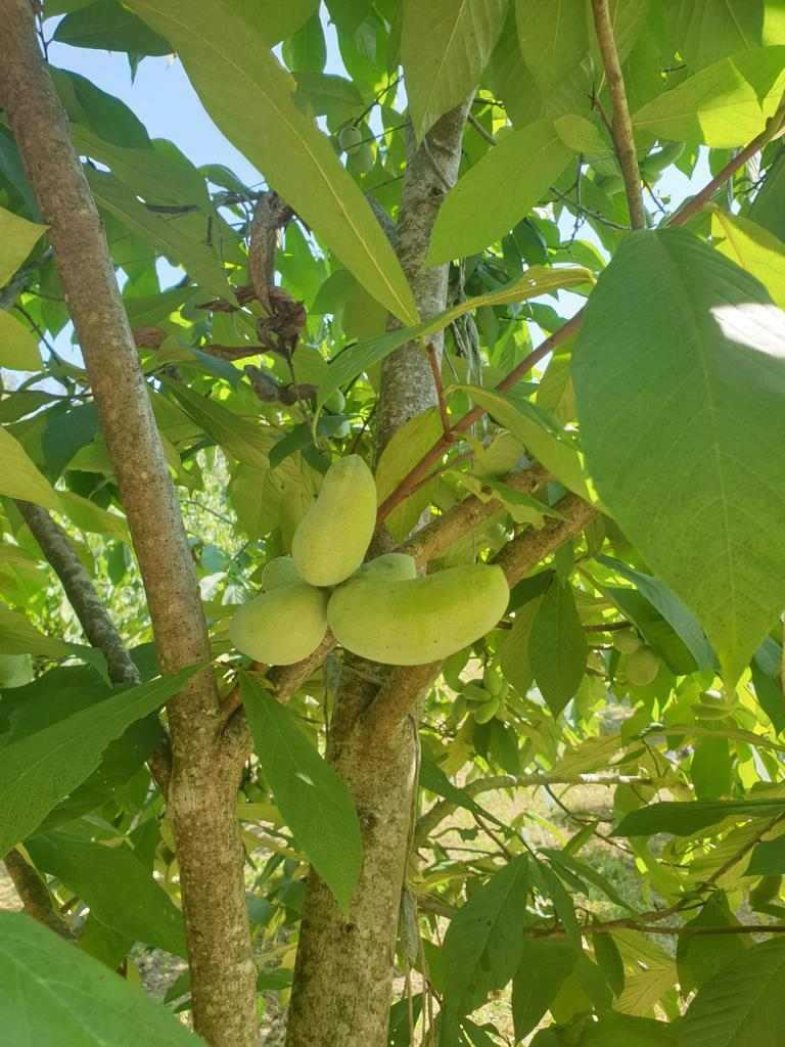
(Photo credit: Private album/Ivan Šulog)
For comparison, transportation from some exotic destinations takes much longer and costs much more—up to $3–4 per kilogram just for transportation. We can sell our products at that price and still make a significant profit. My approach is similar to the one in the auto industry, only applied in agriculture. For example, the Japanese, Koreans, and others realized that if they did not have plants in the EU, US, or Australia, they would not be competitive. It’s very simple.
While we have the opportunity to become a leading player in the market, we face challenges such as a lack of resources and a less developed agriculture sector in the country. Croatia should recognize the potential of this industry and prioritize it over tourism, which may not be sustainable in the long run, especially with climate change and new tourist destinations becoming more attractive.
Competition is growing, but many local producers don’t understand the dynamics of the global market. They believe they have to sell their products immediately, often lowering prices, which ultimately harms the industry. Our region has excellent conditions for production, but without a coordinated strategy, some products, like squash and sweet potatoes, could disappear.
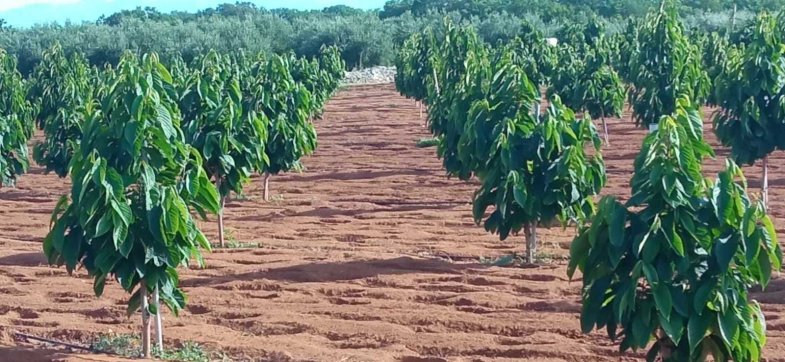
(Photo credit: Private album/Ivan Šulog)
Our example clearly shows that real competition doesn’t actually exist, and the market is constantly looking for new producers from different regions. Local producers need to understand that not everything should be sold within the domestic market, as such an approach could be a serious strategic mistake.
Can you describe some of the sustainable and eco-friendly practices you implement on your farm to ensure the long-term health of your crops and the environment?
Demanding conditions are not necessarily required because our plants are not susceptible to attacks that could devastate production. What we employ is the practice of intercropping multiple cultures in a single production area. What motivated us to adopt this approach is the fact that these plants do not require intensive care like some other well-known crops, such as grapes, apples, olives, or tomatoes, which demand constant interventions. In our case, the main concern is grass mowing. Through planting crops that absorb CO2 intensively, our fields become soil and air purifiers.
These are the crops we leave for future generations. However, we must be realistic and acknowledge that these plants alone are not sufficient to feed the entire country’s population. We still need staples like wheat and corn. But if we can earn more from specific crops, why not invest in them and purchase basic foodstuffs?
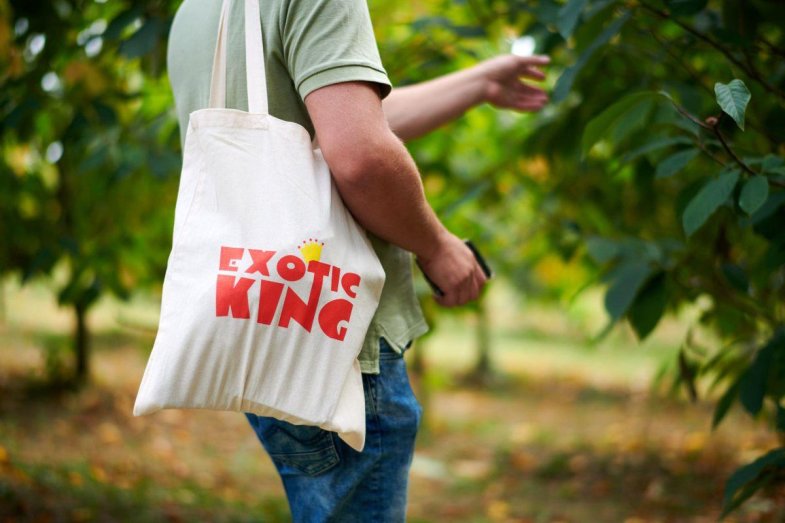
(Photo credit: Private album/Ivan Šulog)
It’s about understanding micro- and macro-locations. Croatia has the potential to become unique and more advanced than its neighbors. However, this requires vision, courage, and wisdom from our leaders. If I, as a student with limited resources, could achieve success, imagine what could be accomplished through smart management and accessing EU funds through innovative projects.
But such an endeavor requires radical transformation and rapid implementation, so that other countries in the region cannot keep up with our pace. Once consolidated, they will need to come to us for knowledge and technology.
Can you share your thoughts on the future of sustainable agriculture and how your business fits into this vision?
The only option is sustainable agriculture. The agriculture we know is one of the biggest polluters, and as such, it’s not sustainable. Our model has been heading in that direction from the very beginning. Of course, back then, the term sustainable agriculture didn’t exist.
I didn’t want my family to be slaves to this job and constantly be behind schedule, whether it was planting, treating, and so on. If you don’t get something done on time, you’re late, and that leads to significant problems or a complete loss of the harvest. So, we saved substantial resources on preparations and a lot of time, and in the end, we had virgin fruits.
As a grower of exotic produce, how do you connect with consumers and promote your products in Croatia and the EU? You once stated that if the whole of Croatia were planted with exotic fruits and vegetables, you would have no problem placing all that production on Western markets.
Yes, I was just talking earlier about sustainable agriculture, but with a new, more rational, and more acceptable approach. Nobody here is thinking from the perspective I mentioned. It might be too ambitious to say that we’re not conforming to those frameworks; in fact, we’re setting new trends.
The main question is whether society is ready for them or if it will take 50 years for someone to recognize the missed opportunity, and whether it will be recognized here. Or will someone from abroad recognize and implement it, and we will simply admire the idea. Take, for example, Tesla, Penkala, and other great minds from our country whose ideas were realized far from their homeland.
How do you stay up-to-date with the latest developments in exotic fruit and vegetable cultivation, including new varieties and best practices? Are there any sources or organizations you rely on for information?
Yes, we’ve been in this business for 25 years, gaining rich and unique knowledge as well as contacts worldwide. I often describe myself as an eccentric, so similar eccentrics easily find me. But I believe we have one virtue: we are always ready to listen to the other side, no matter how strange and twisted their presentation may sound at the beginning. This openness to others has proven to be a winning combination because new trends emerge from this synergy.
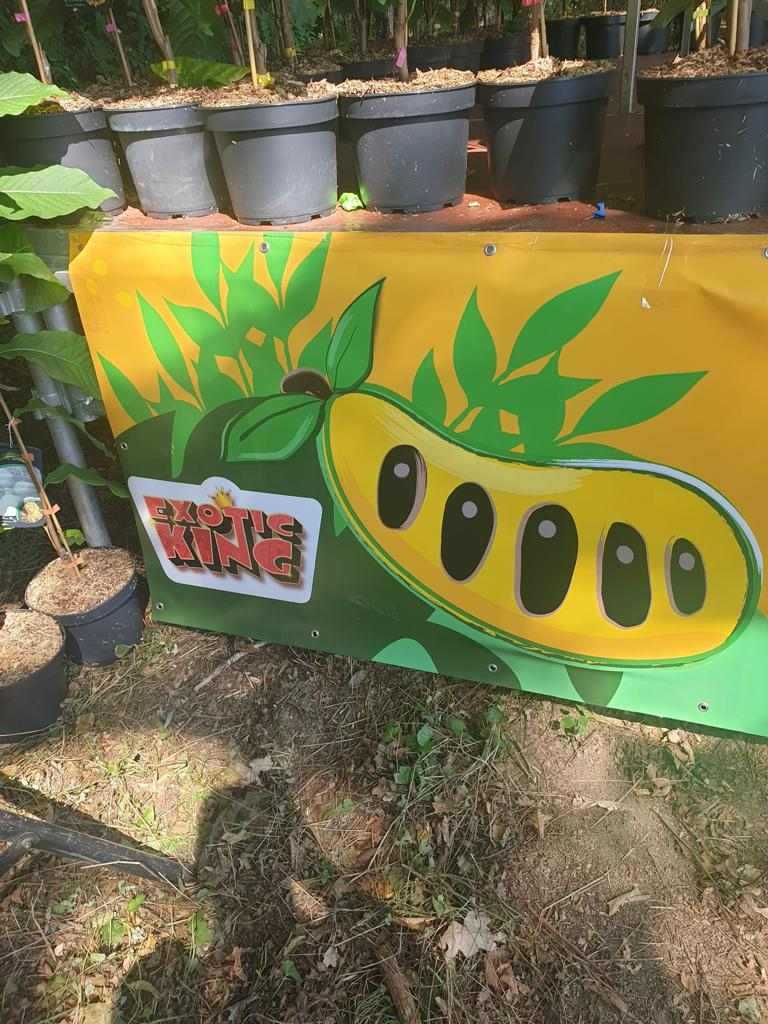
(Photo credit: Private album/Ivan Šulog)
Today, we are equipped with knowledge and capabilities at all levels to embrace new plants, using available information on production, technology, and the market. For most plants, there is no official information provided by relevant organizations, so we rely on the experiences of individuals who achieve extraordinary results. Unfortunately, many of them are not recognized in their communities, so when they withdraw from this type of production, their valuable knowledge may be permanently lost. For example, there is currently no certified producer of kiwano seeds anywhere in the world. We source our seeds from a professor at the University of New Zealand who does it as a hobby.
You have also started a business in some African countries. You were recently in Kenya. How do you assess the entrepreneurial climate in these countries in comparison to Croatia, and how much does the image of Africa match the image we often have of that continent?
Yes, we are currently in a situation where our customers want us to supply them throughout the year, which is not possible in Croatia. So, we decided to expand to the other hemisphere to ensure continuous production for six months in each hemisphere. Africa lags behind Croatia in many ways. However, you can still find individuals who are dedicated and capable. Unfortunately, there aren’t many of them, and they are often isolated enthusiasts who bear the entire burden of the project.
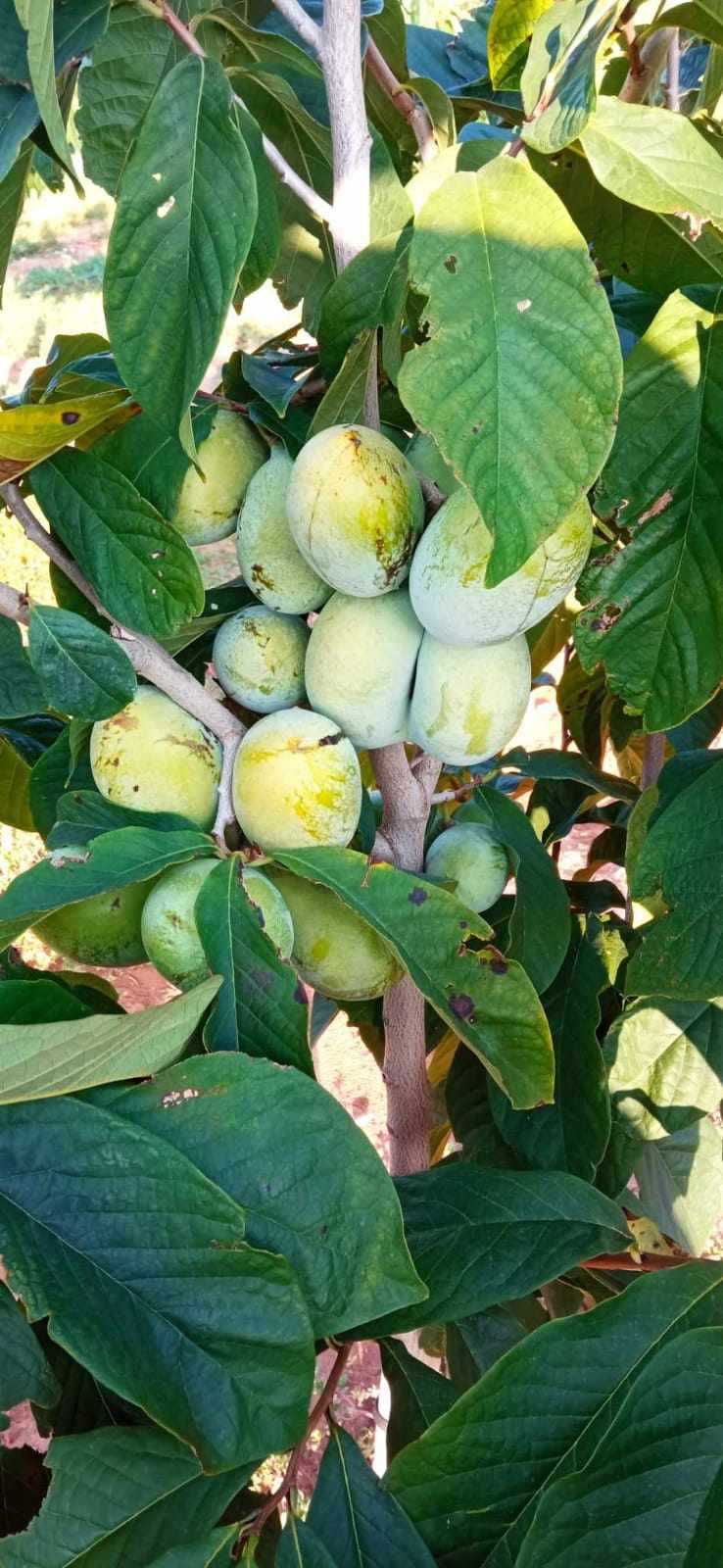
(Photo credit: Private album/Ivan Šulog)
The infrastructure is weaker. But, considering that I started with very modest funds of 175 euros, I’m familiar with the challenges and opportunities. That motivates me to create a new version of “Exotic King” on the other side of the world. Collaboration is based on partnerships; we provide all our knowledge to them for free so they can take the first steps. We need farmers who can produce, but they often lack experience in logistics, storage, proper harvesting, calibration, packaging, and certification. We take care of all of that so that, over time, they can become independent.
With the Center for Social Innovation and Sustainable Development (CEDIOR), the International Crowdfunding Center (ICFC), and the Bona Fides Invest global crowdfunding platform, you launched an economic program to help less developed areas in Croatia. Tell us more about that program, how citizens can get involved in it, and what kind of help they can get.
As part of the Croatia of Equal Opportunities and CrowdfundMe projects, the Center for Social Innovation and Sustainable Development (CEDIOR), the International Crowdfunding Center (ICFC), the global crowdfunding platform Bona Fides Invest, and Šulog Ltd. launched an economic program to help the population in the areas affected by the earthquake, and this year we expanded it to the whole of Croatia.
The program is intended for young people up to the age of 30 who belong to the NEET group (not employed, not in education or training), people whose residential buildings suffered severe damage in the earthquake and do not own another residential property, people with disabilities (long-term physical, mental or sensory impairments that prevent full and effective participation in society on an equal basis with others), long-term unemployed persons (persons registered at the Employment Office for more than one year) and socially vulnerable persons (annual household income below the poverty line), and through it is possible to get financial support and know-how for growing exotic fruits and vegetables.
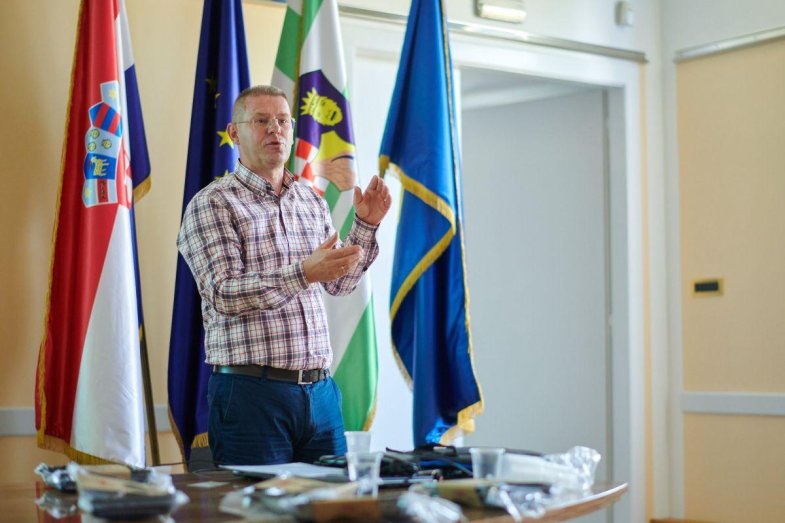
(Photo credit: Private album/Ivan Šulog)
In cooperation with the Bona Fides Invest global crowdfunding platform, you are also preparing an investment campaign for growing Indian bananas (Asimina triloba). Tell us more about this project.
Yes, we are cooperating with the global crowdfunding platform Bona Fides Invest to prepare an investment campaign for growing Indian bananas (Asimina triloba). This collaboration combines our expertise in agriculture with Bona Fides Invest’s many years of experience in successfully managing investment projects. We plan to create a plantation that will produce high-quality Indian bananas, encourage local development and employment, and provide investors with a profitable investment. We strongly believe in the success of this venture, which will attract the support and interests of investors from all over the world.
In September, Indian Banana Days were held at your plantation. This is the fourth year that you have organized this festival in Zagorje and Dalmatia. How did you come up with that idea?
Yes, on September 10, 2023, our 4th Indian Banana Festival took place. These unique plants deserve promotion, and people should be aware of how easy they are to grow and how healthy they are. It is important to understand their health benefits. The idea came from the USA, and we adopted it. The festival originated in the USA, which makes sense given their early efforts at popularizing this culture. Today, production of these bananas (Asimina triloba) in the USA constitutes 0.08% of their market. Many universities recognize the potential of these plants.
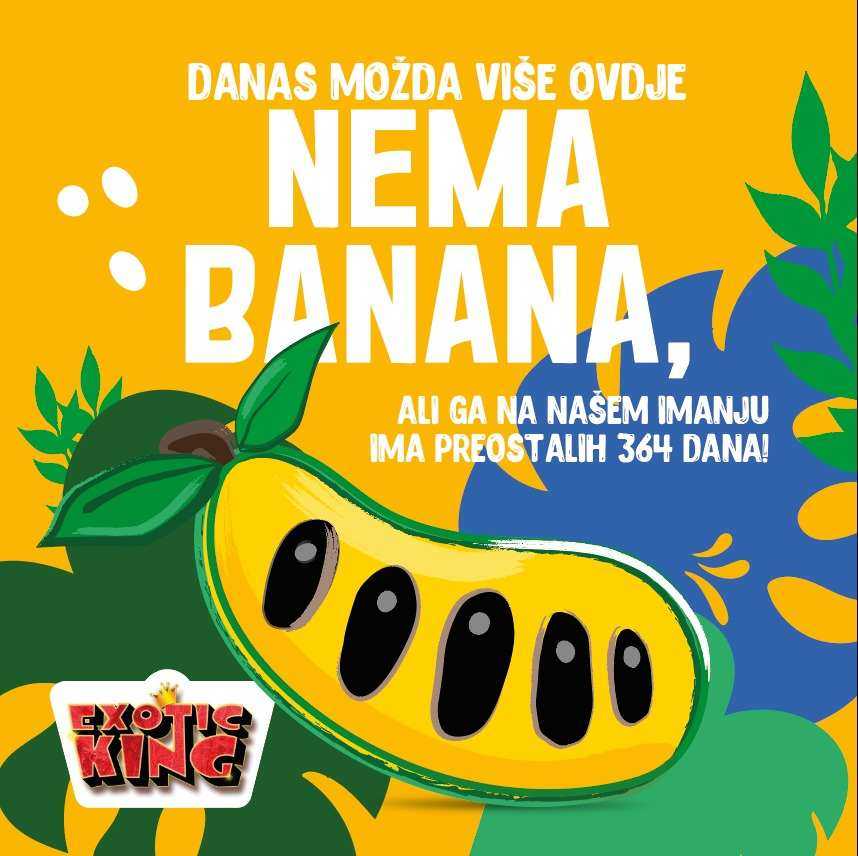
(Photo credit: Private album/Ivan Šulog)
Next year, we’ll have visitors from a US university. However, it’s crucial to understand that in the USA, these festivals have the backing of universities, industry, and the community with significant financial support. In contrast, we’re doing this on our own, with a very limited budget but a strong desire and knowledge. Last year, we had approximately 300 attendees, and this year, over 1500. We initiated this project during the COVID period, when many things were restricted, and we still succeeded.
Your recent statement about Croatia as one of the most innovative countries producing Indian bananas (Asimina triloba) has attracted a lot of attention. Can you share with readers how you discovered this fact and what innovations we are bringing to this area?
Recently, I returned from the United States after attending a conference on Indian bananas (Asimina triloba). I went there somewhat timidly, wanting to see what they had to offer, what they knew, and what they foresaw. However, after just an hour of presentations, I realized that Croatia is one of the world’s largest producers of Indian bananas. Although Croatia is similar in size to some smaller American cities, we possess more advanced technology in cultivation and processing.
Our machines have greater capacity, and we produce ten times more planting material than the entire United States. We were the only ones at the conference who brought processed products made from Indian bananas. Ironically, the organizer, the university, asked us not to present our products because they were embarrassed to realize that while their domestic speakers had almost nothing to show, a small country they might have only heard of because of soccer or Dražen Petrović was bringing innovations. And this was for a fruit that has been growing in America since before the ice age and the time of dinosaurs, even before bees evolved.
On one occasion, you told me that you paid off a business loan for 15 years and that the daily annuity was 300 euros. This speaks about your great courage and faith in yourself and your product. Could you share any other memorable moments or challenges you’ve encountered while growing exotic crops that have shaped your approach to farming?
Yes, it was very brave to embark on such a project with such a significant investment. We were very confident in ourselves, but we quickly encountered problems. Before that project, everything was perfect, and suddenly everything collapsed with enormous problems that we couldn’t foresee even in the worst-case scenario. We survived this extremely difficult period in which the existence of me and my family was seriously threatened. In such conditions, we found the strength to develop new projects, even without finances.
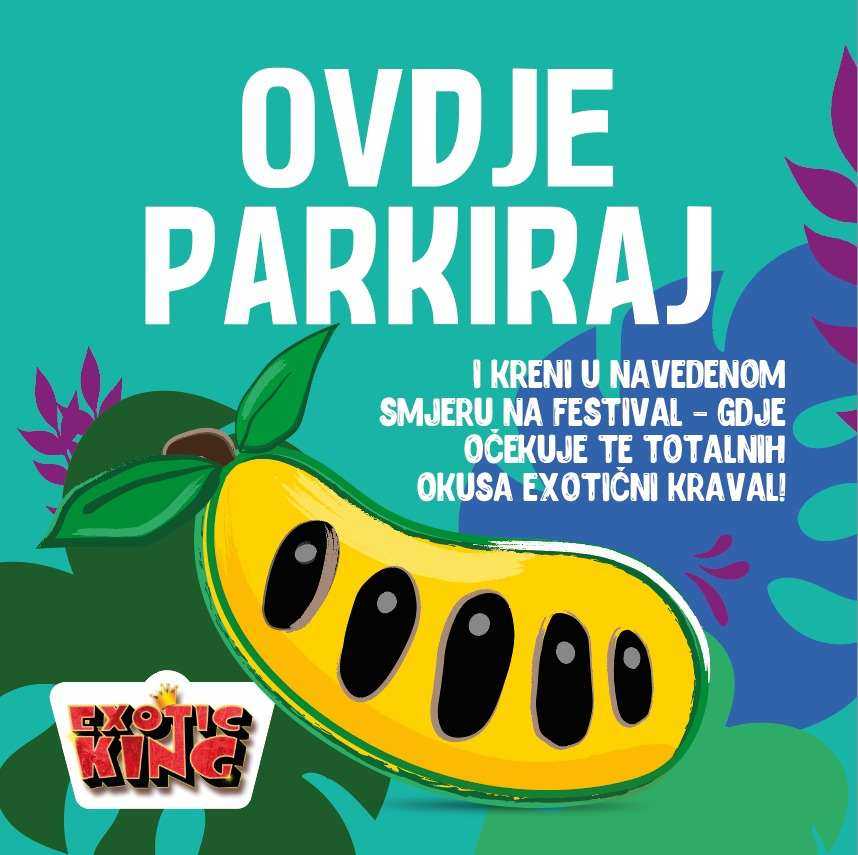
(Photo credit: Private album/Ivan Šulog)
Yes, there were many circumstances that were so complex that if I were to write a book, I couldn’t come up with such twists. It’s as if some higher power was always present, saving us from a sinking ship and directing us on where to go next. Today, when I look back, I can’t understand how we survived. I feel that today, after all that, it’s some kind of reward for everything we’ve been through.
What advice would you give to aspiring farmers interested in venturing into the cultivation of exotic crops, particularly in climates not traditionally associated with these varieties?
What would I advise? It’s easy to be a general after the battle. We embarked on this adventure, and I can say that we succeeded. I don’t know if our success is the result of the right decisions or a series of fortunate events. My motto is that if you are persistent and committed to your goal, like Ivica and Janica Kostelić or Dražen Petrović, you just have to reach it. The advice is very simple: NEVER GIVE UP.
What do you find most rewarding about your work as a grower of exotic fruits and vegetables in Croatia?
I’m afraid I’m not doing this because it’s profitable, but because I love it. Dražen Petrović didn’t train to secure million-dollar contracts but to be happy with what he did. If you work honestly and professionally, success will surely come. If you chase after high contract amounts, you might not achieve what you’ve achieved. In my opinion, money is not a measure of success because, if you work diligently, money comes as a byproduct. The question is, when the money comes, whether it will cloud your judgment or not. I’m afraid the most expensive part of the whole story is the money.

(Photo credit: Private album/Ivan Šulog)
Are there any new and exciting exotic crops or projects on the horizon for your farm that you’d like to share with our audience?
The asimina is indeed a wonder and a revolution in the world of fruit. After that, I predict that yuzu oranges will achieve great success, as well as several varieties of mandarins that can reach prices of up to $80 for a pack of 6, but I fear that such prices could also cause problems. That price is what the end retailer sets in retail. People quickly calculate how many trees per hectare, how many kilograms of fruit per tree, and easily imagine millions. But it’s not that simple. I would also like to highlight java blue banana, okinawa sweet potatoes, black ginger, and African plum, which are extremely tasty.
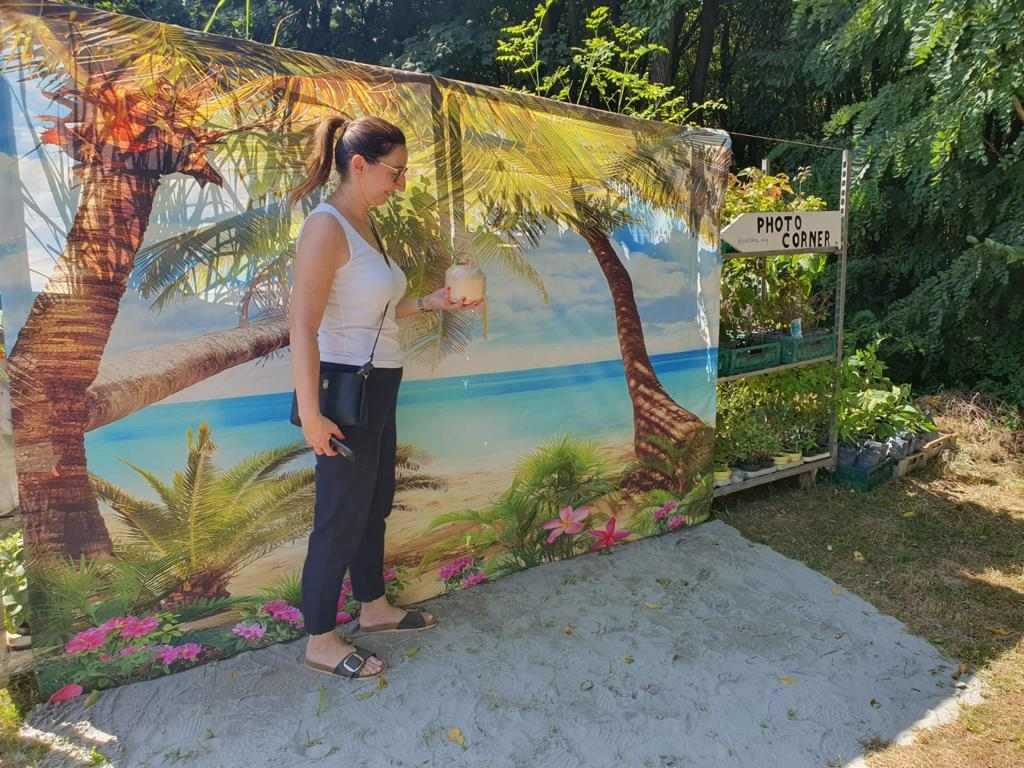
(Photo credit: Private album/Ivan Šulog)
The marketing for it has already been done; it just needs further refinement. Of course, it wouldn’t be characteristic of us to stop there. But I want to quote a journalist who did a report about us and ended with the words, “Even though it comes from Exotic King, it’s too much.”
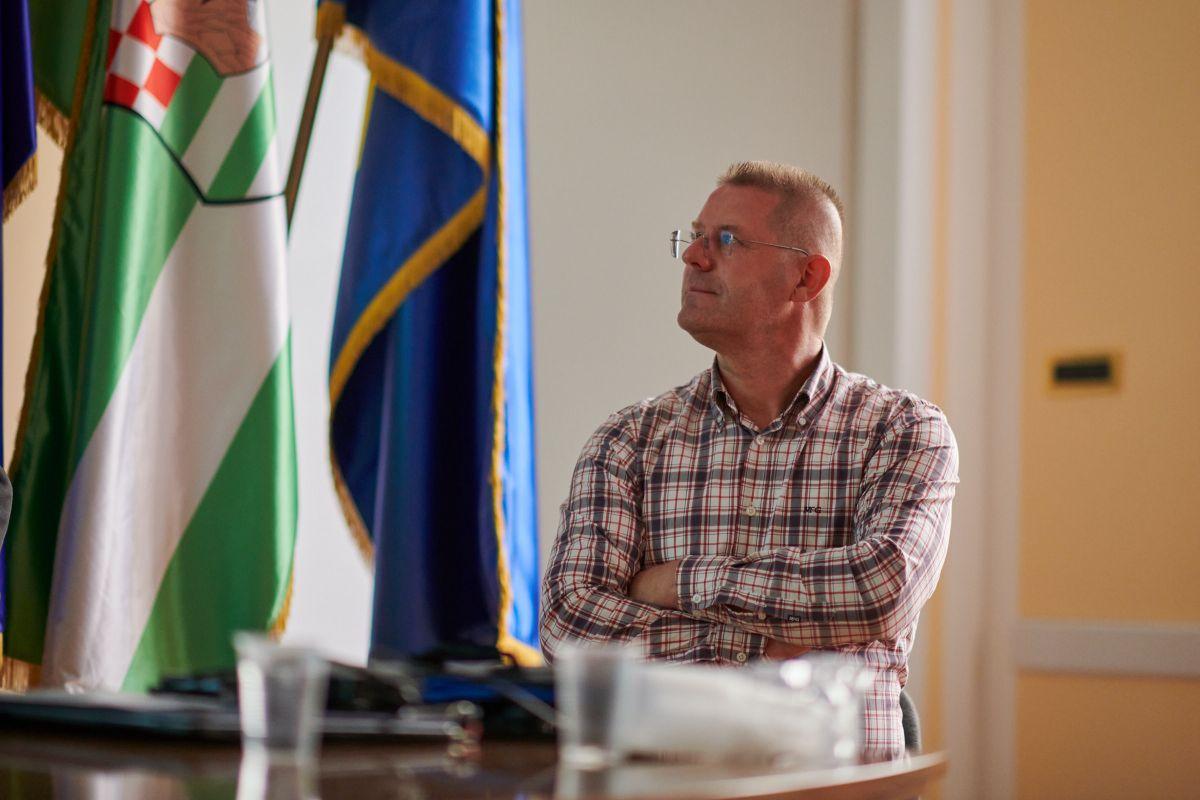
(Photo credit: Private album/Ivan Šulog)

